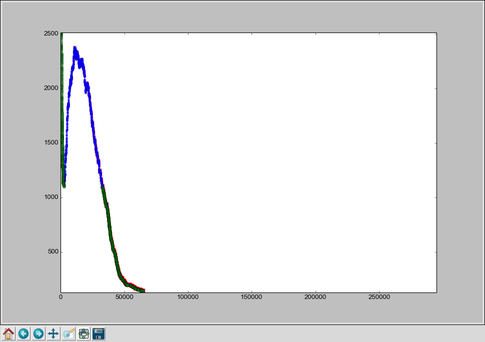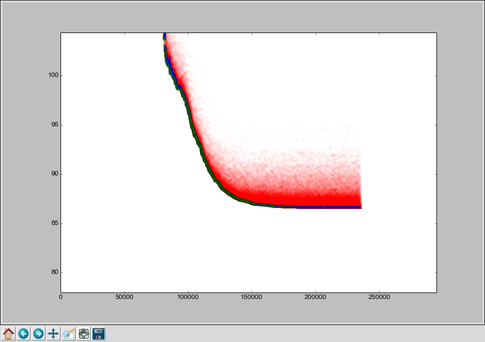Optimization for multi-objective timber harvest scheduling and forest resource mangement
The harvest scheduler allows you find a set of management options (prescriptions) for each spatial unit (stands) on your property that best meet multiple property-level objectives.
For example, the harvest scheduler answers questions such as
What is the best combination of prescriptions across the landscape in order to hit timber volume targets while maximizing carbon storage and minimizing operating costs?
You can install directly from the master branch:
pip install https://github.com/Ecotrust/harvest-scheduler/zipball/master
Or get the source code and install from there:
git clone https://github.com/Ecotrust/harvest-scheduler cd harvest-scheduler python setup.py develop
The following is a quick overview. For more details, please check out the examples.
1. Simulate Forest Growth and Yield - for each stand and prescription, you'll need to have a dataset describing how each of your objectives will change over time.
2. Load data - your script must load the data into a python numpy array with 4 dimensions representing your stands, prescriptions, variables and time periods.
3. Configure - your script should identify the weighting and optimization strategy for each of your objectives.
4. Run - running your scheduler script, once properly configured, will give you the results of the most optimal configuration: a list of stands and their management prescription.
Beginning the simulated annealing. Here we see the objective function getting worse initially in order to eventually find the optimal configuration.
Towards the end of the simulated annealing process, we stabilize and fine tune the solution (and are much less tolerant of solutions that worsen the objective function)
Console output showing the composition of the objective function and the final results over time.


